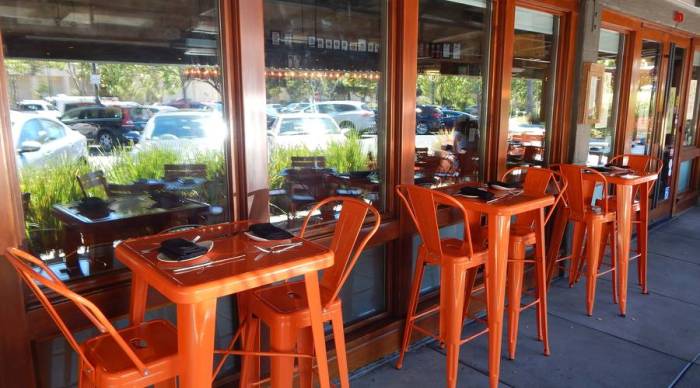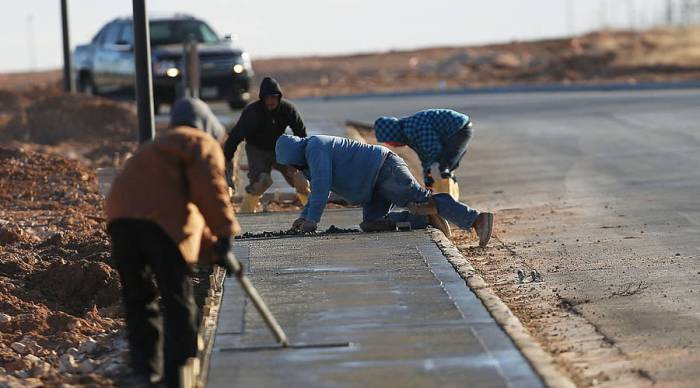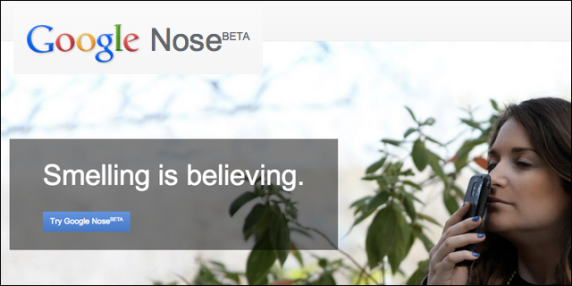Get the full story on Marketplace.

Some restaurants owners have argued that raising the minimum wage may force them to close, or cut staff. Now a new study suggests that this only really happens to restaurants with lower customer satisfaction ratings as measured by Yelp.
In January the minimum wage in Palo Alto, California, increased from $11 an hour to $12 an hour. “When the increase happened everybody was a little bit happy,” said Edita Buran, a waitress at local restaurant Calafia Cafe.
But Buran has noticed that the restaurant has cut back on staffing for each shift. “It’s increasing the load on each person drastically,” said Buran.
Buran works at a restaurant with three and half stars on Yelp. Restaurants in that category are 14 percent more likely to go out of business after a $1 minimum wage increase, said Michael Luca, professor of business at Harvard University and one of the authors of the study.
“Basically the five and four and a half star restaurants are completely insulated from changes to the minimum wage,” Luca said. “What we see though, is that two star and three star restaurant are heavily affected by changes in the minimum wage.”
Luca got raw data from Yelp about all the restaurants in the Bay Area where there have been a lot of city-level minimum wage increases. His theory is that restaurants with higher levels of customer satisfaction are able to pass on higher labor costs to their customers. Restaurants with lower ratings can’t do that.
“We’re on that cusp point,” said Pedro Castaneda, Buran’s manager at Calafia Cafe.
Paychecks have gotten fatter since the wage hike, but Castaneda said there are other factors contributing to the slowdown, like summer vacation. He said the restaurant is holding on. “I think if it goes any higher we will definitely feel it,” Castaneda said.
But Castaneda doesn’t think the restaurant would actually close. “What would probably end up happening is we would have to either get someone who could do multiple jobs or rely on technology a little more to cut back our staff,” he said.
Luca said he’s heard that one before. “I think it’s rare to find a business that thinks it’s going to close,” said Luca. But, he adds, if the restaurant has managed to stay open this long after the minimum wage increase, all signs are good.







